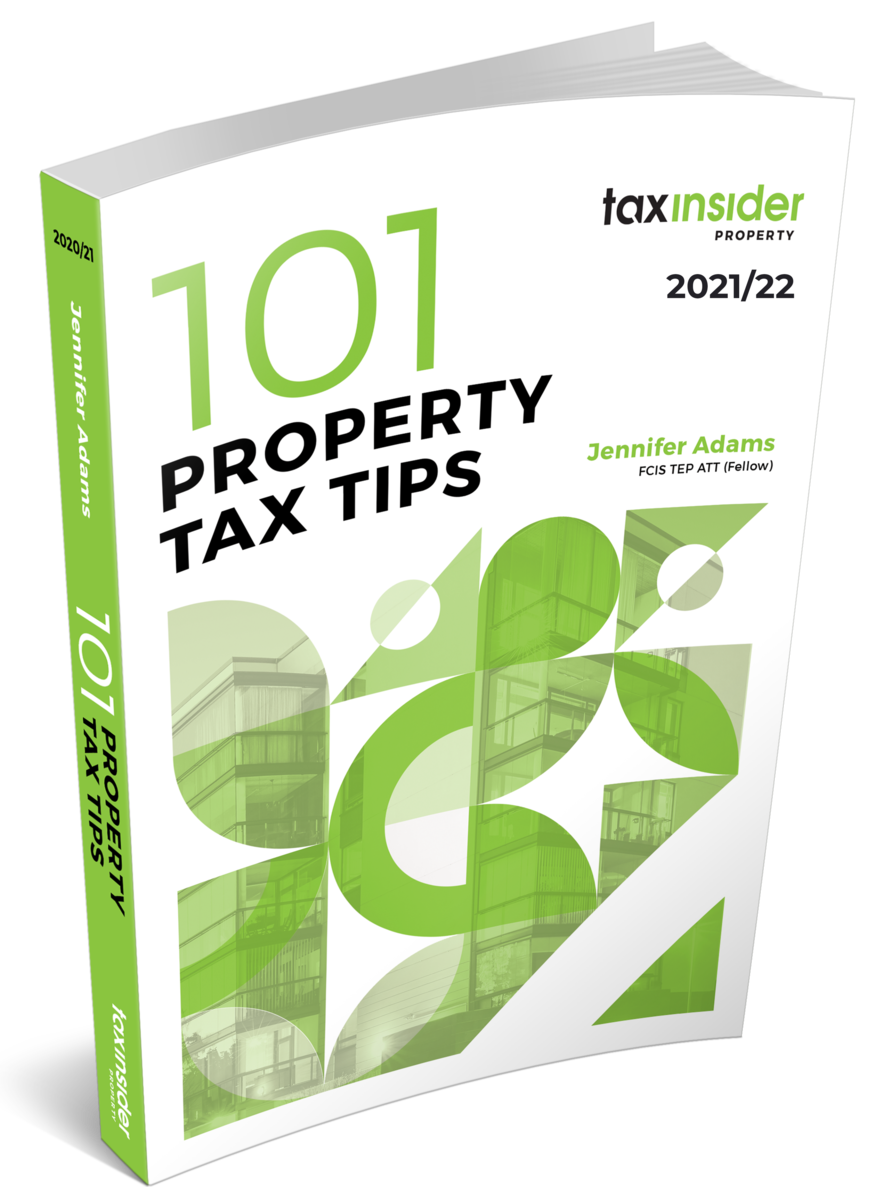HMRC’s attitude to training costs incurred by the self-employed (sole traders and members of partnerships) is irrationally restrictive, and largely based on misinterpreting an irrelevant tax case. Their official instructions are bad enough, but local officials go on to misinterpret their Head Office’s misinterpretation to deny almost all claims for training costs.
HMRC’s view
HMRC’s views are set out in their Business Income manual (at BIM35660), which begins:
“Expenditure incurred by the proprietor of a business on training courses for themselves is revenue expenditure if the course merely updates existing expertise or knowledge. Expenditure on a course which provides new expertise or knowledge is capital.”
The ‘logic’ behind this (incorrect) view is that ‘knowledge’ and ‘expertise’ are capital assets, like factories and cars, so ‘updating’ is allowable because it is like repainting the factory or having the car serviced, whereas ‘new’ expertise or knowledge is a new capital asset.
The paragraph goes on to quote a Special Commissioners case – Dass v Special Commissioner and Others [2007] STC 187. Should you find yourself disputing training costs with HMRC, this case will be quoted as authority for the proposition that training is a capital expense.
What they will not say (because it is not mentioned in BIM35660, and you actually have to read the report of the case to discover it) is that Mr Dass’s claim was for examination fees, not training costs, and that it was rejected because his training course lasted two years and FA 1991, s 32 (i.e. obsolete legislation now, but then the authority for his claim for exam fees) restricted relief to courses lasting only one year.
On the basis of this irrelevant tax case, HMRC seek to deny any relief for ‘new’ training. The argument runs:
“…your client had only recently started letting property (or double-glazing windows, or whatever) so the training course must have provided him with new knowledge and therefore it is capital. This was a new venture so there was no upgrading of existing skills.”
The second sentence is quoted verbatim from a recent letter from HMRC on one of my clients – they backed down after I replied explaining basic tax rules to them.
What is the correct approach?
The correct analysis is based on fundamental tax and accountancy principles. If expenditure brings into existence an ‘enduring advantage’ for the trade, then it is capital. There is a string of decided cases stating this, of which the granddaddy is British Insulated and Helsby Cable Ltd v Atherton HL 1925, 10 TC 155.
Note the word ‘enduring’. I think I would accept that the cost of acquiring a specific professional qualification such as membership of the Chartered Institute of Taxation might be capital, but learning something new does not lead to an ‘enduring’ advantage unless it also leads to a formal qualification which is required in a particular trade or profession.
The distinction between ‘updating’ and ‘new knowledge’ is a distinction without a difference. Every year I attend a training course on that year’s Finance Act. Does that ‘update’ my tax knowledge, or does it give me ‘new’ knowledge about a new piece of legislation? You only have to think of an example to see that the absurdity of HMRC’s analysis - is a mechanic on a training course about servicing hybrid motors ‘updating’ his knowledge of cars, or getting ‘new’ knowledge of a new type of engine?
Personally I regard time spent at a training course wasted unless I learn something new as a result.
Practical Tip:
Unless the training led directly to a specific qualification needed for the business (Mr Dass was after an NVQ as part of the process of qualifying as a solicitor) do not accept HMRC’s attempts to disallow it as ‘capital’.




